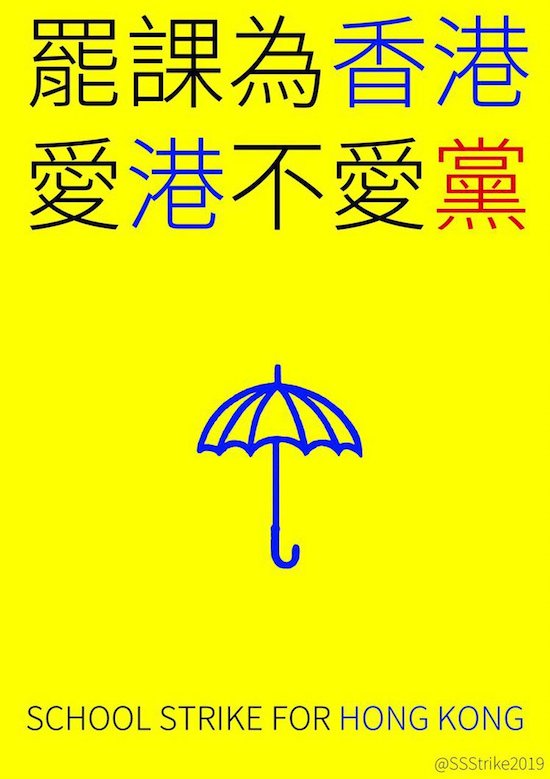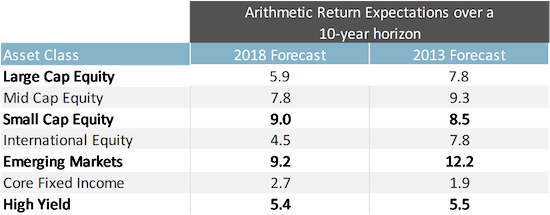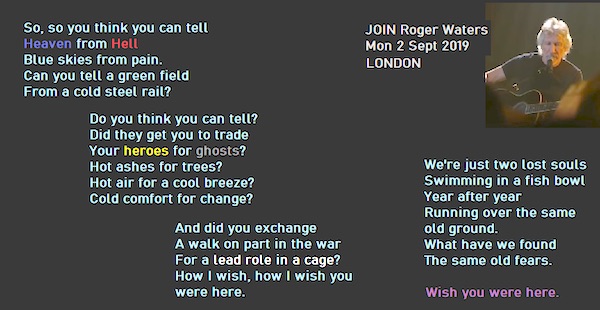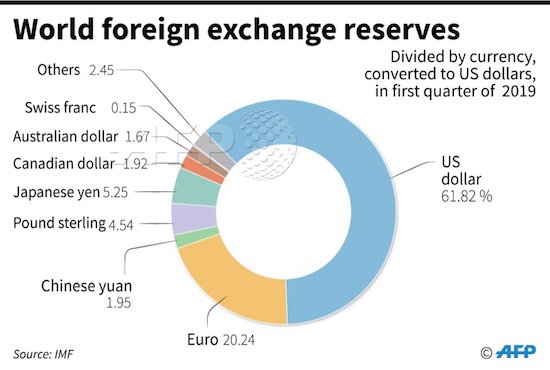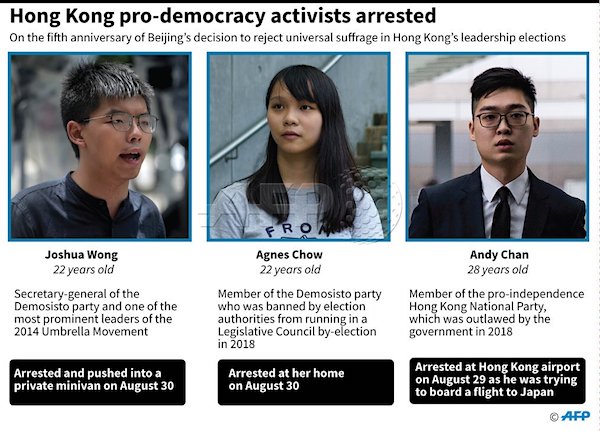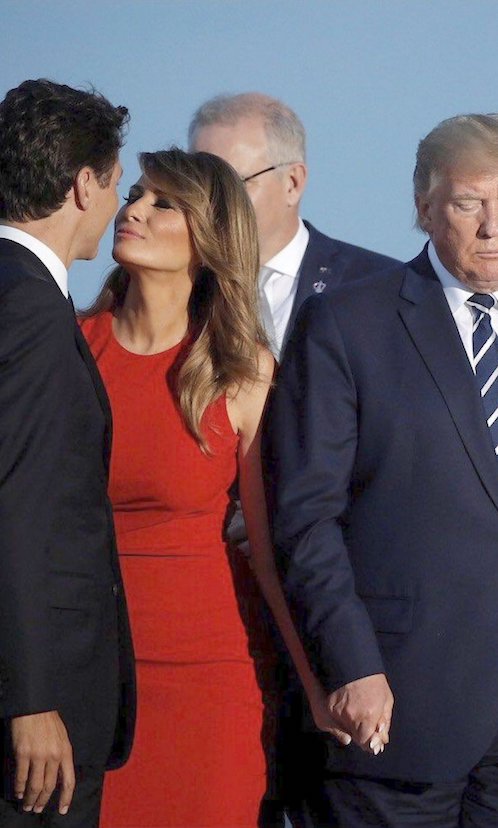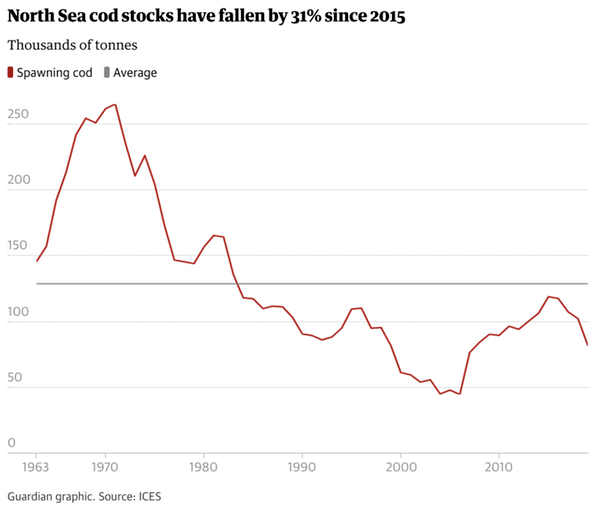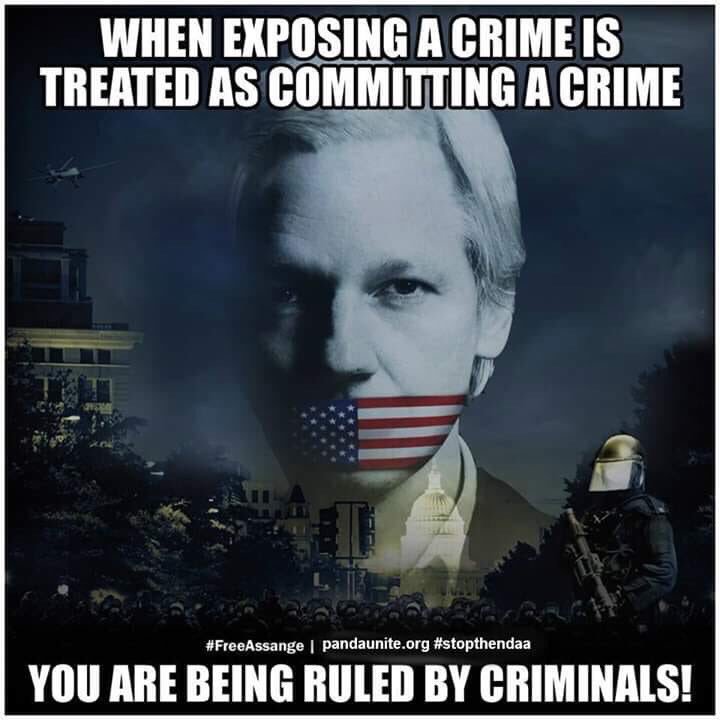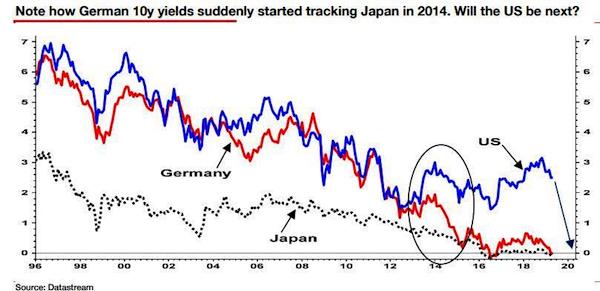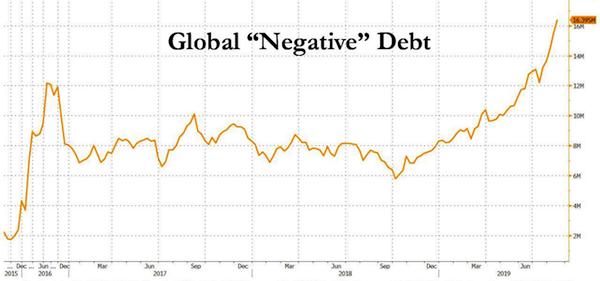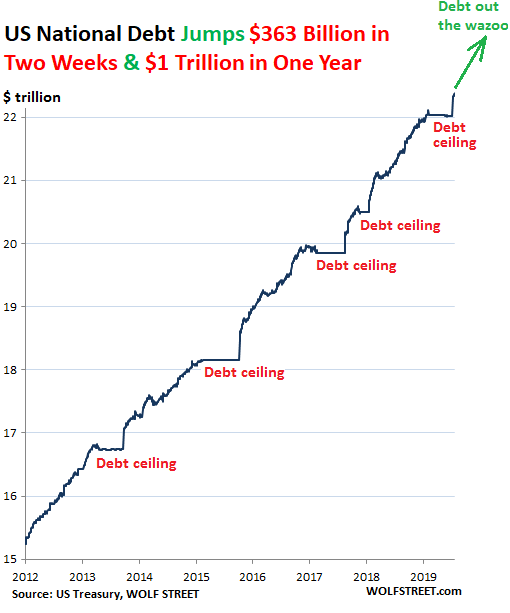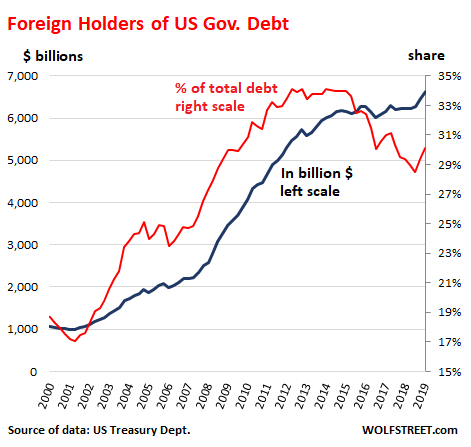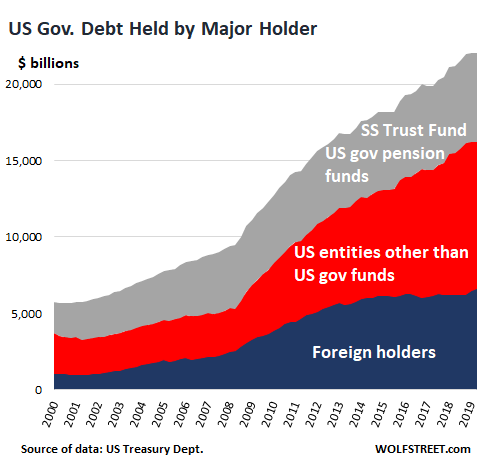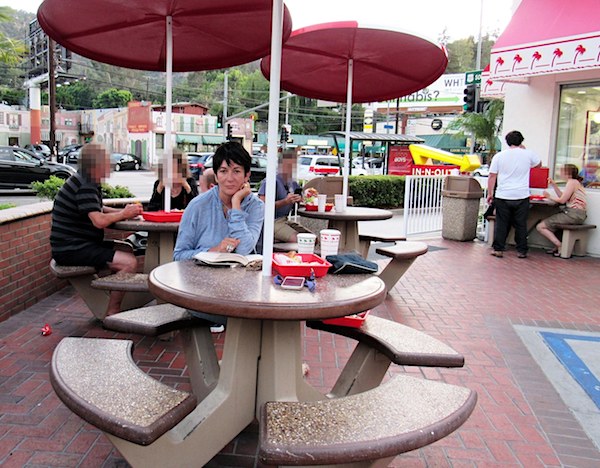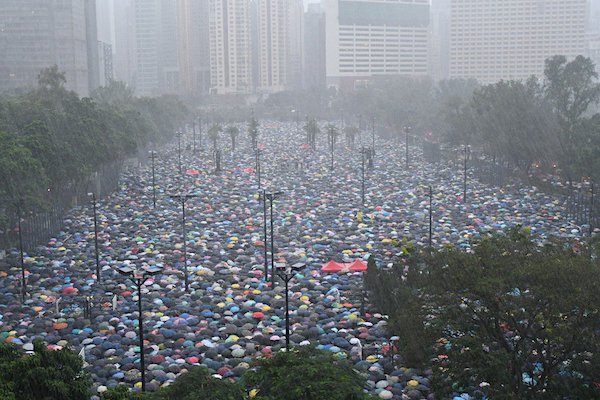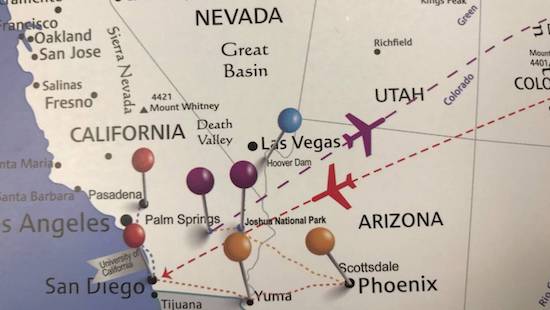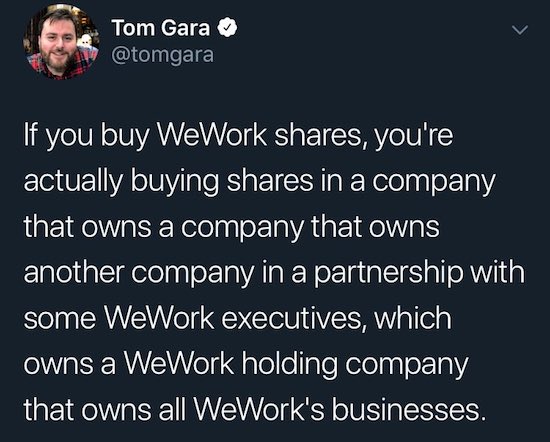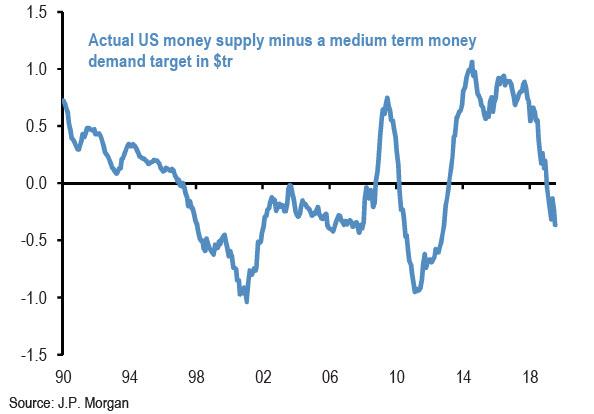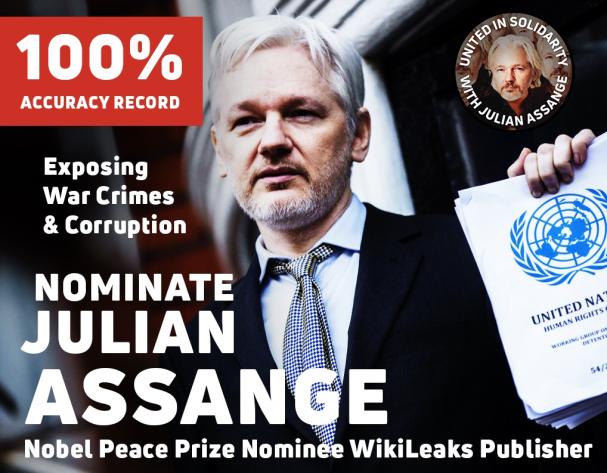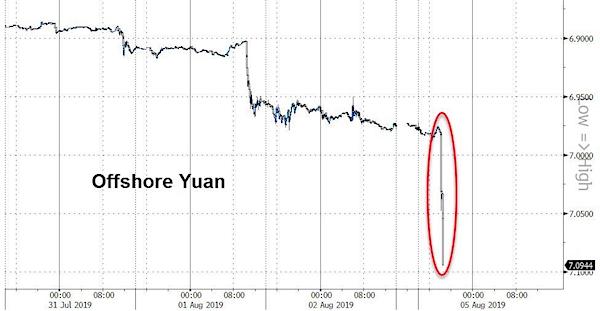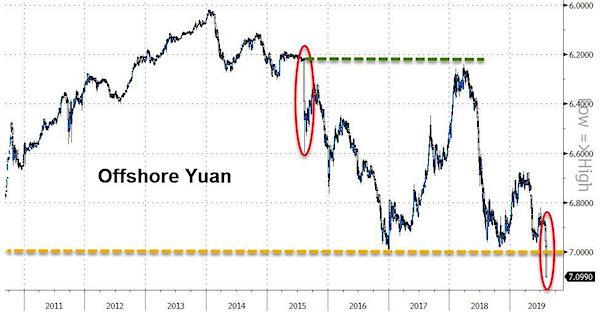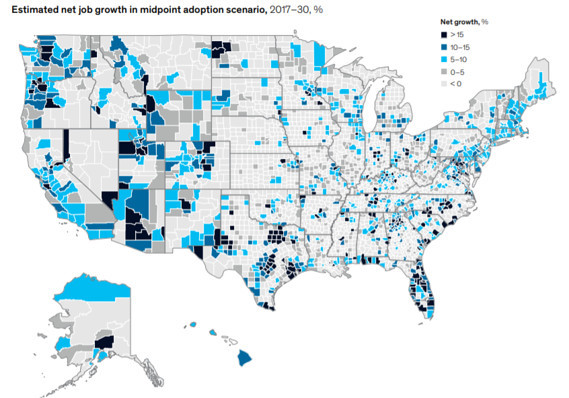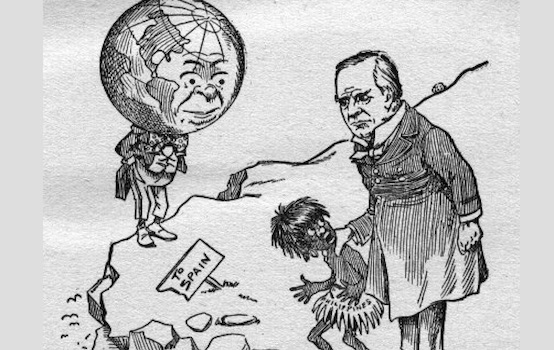Strongest storm ever to threaten Florida east coast

After carefully making sure there were no needy people left in the country, and no children were going hungry, the new UK gov decided to spend £100+ million on an advertising campaign. They’re going to absolutely bombard, if not strangle, you with this stuff. You won’t be able to escape it.
• ‘Get Ready for Brexit’: Government Launches Information Blitz (G.)
The billboards have been unveiled, the branded mugs have been ordered and the adverts will soon start following you around the internet after the government launched what it claimed to be the largest ever public information campaign in an effort to prepare the British public for leaving the EU. The Get Ready for Brexit campaign went live on Sunday, stating that the UK would be leaving the EU on 31 October and urging the public to visit a new website to check what they needed to do to prepare for a no-deal exit. The slogan appeared for the first time on a giant advertising screen next to a John Lewis store at the Westfield shopping centre in Stratford, east London, looming over visitors.
Downing Street has previously briefed that the taxpayer-funded advertising campaign will cost up to £100m, although doubts have been raised over whether the government will realistically be able to spend that much on a campaign lasting just two months. One leading advertising industry source pointed out that this figure was substantially higher than the amount spent on traditional advertising in the UK by major consumer brands such as Amazon, Tesco and Asda in the whole of 2018. This suggests that either the government is overstating the amount it intends to spend in an attempt to draw extra attention or that Downing Street really is launching an advertising campaign that will be unequalled in its ubiquity.
Michael Gove, the cabinet minister in charge of no-deal planning, said: “Ensuring an orderly Brexit is not only a matter of national importance, but a shared responsibility” as he launched the adverts by referring to government polling that showed only 50% of the population thought it was likely the UK would leave the EU on 31 October. The same research found that 42% of small- to medium-sized businesses were still unsure of how they could prepare for Brexit and just a third of the British public have looked for information on what they will need to do, suggesting large-scale ignorance of what Brexit will involve with less than two months to go until the expected departure date.=
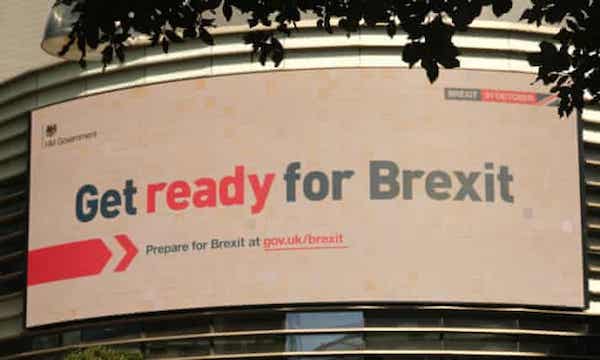

View from Germany: “..the last intact pillar of the United Kingdom: its queen…”
• Johnson’s Brexit Gambit Puts Queen in a Tight Spot (Spiegel)
[..] the anger of the masses isn’t being directed solely at the man in Downing Street. One of the last taboos for many Brits has also been broken: blatant criticism of the queen. “The. Queen. Did. Not. Save. Us,” tweeted Labour Party politician Kate Osamor, and hinted at the abolition of the monarchy. Her party leader Jeremy Corbyn asked the queen in writing for a personal meeting to protest against Johnson’s coup. Jo Swinson, the head of the EU-friendly Liberal Democrats, also wrote to the queen asking for an “urgent meeting.” After three years of the country beating itself up in the Brexit debate, Johnson is now leading Britain into the last round of the ordeal – an unprecedented showdown between the executive, the legislative and the judiciary, which, incidentally, threatens to damage the last intact pillar of the United Kingdom: its queen.
It’s impossible to predict what will ensue in the coming weeks – aside from chaos. But there is much to suggest Johnson wants precisely that, and at any cost, in order to deliver the main promise he made to become British prime minister – to lead his country out of the EU on Oct. 31, with or without an agreement. After the G-7 summit in Biarritz, Johnson may have praised the EU’s willingness to compromise, he may have put the chances of no deal at “one in a million,” and the majority of Brits and their elected representatives may be against leaving the EU without a deal, but no one in the betting crazy UK is now likely to bet on there being any agreement between London and Brussels in the end.

Blame France.
• Leaked No-Deal Report Says Lorries Could Face 48-Hour Delays At Dover (PA)
Leaked government documents which reportedly say there could be 48-hour delays at Dover in the event of a no-deal Brexit have moved hauliers to warn of the “clear and present danger” to the UK supply chain. Sky News said it had seen documents which suggest vehicles could face a two-day delay at the Kent port in a no-deal scenario, and the revelation has led to industry insiders saying the government has “failed to deliver”. Rod McKenzie, the managing director of policy at the Road Haulage Association (RHA), said it came as absolutely no surprise to him that such a document existed, adding that there was still no sign of a new customs process with just weeks left before the UK is expected to leave the EU.
He had not seen the Department for Transport documents (DfT), but said he understood they were more recent than the leaked Operation Yellowhammer files which contained predictions of a three-month “meltdown” at ports in the event of no deal. “The Road Haulage Association has been saying this for quite literally years now that if there is a no-deal Brexit, there will be very substantial queues at the border,” McKenzie said. “We have got a very, very serious problem with the UK supply chain if there is a no-deal Brexit on 31 October from where we are now. “This is a clear and present danger to the supply chain on which we all depend, and we are calling on the government in the clearest terms to make it clear what traders have to do to trade with the continent. This they have failed to do so far.”
Sky News said on Sunday night that analysis commissioned by the DfT suggested that on the first day of a no-deal Brexit, the worst-case scenario would be a two-day maximum delay for freight and vehicles at Dover, and an average wait of a day-and-a-half. McKenzie said any delay at the ports would cause a “very, very substantial traffic jam”, adding: “What we are saying is that we urgently need clarity from this government, having not had it from the previous government, we urgently need clarity from this government of what traders have to do to get ready for a no-deal Brexit.”

Troubles.
• Irish Border After Brexit – All Ideas Beset By Issues Says Secret Paper (G.)
All potential solutions to the post-Brexit Irish border are fraught with difficulty and would leave smaller businesses struggling to cope, experts have said, as leaked government papers outline major concerns just two months before Britain is due to leave the EU. A report summarising the findings of the government’s official “alternative arrangements” working groups concluded that there are issues with all the scenarios put forward to try to replace the backstop arrangement. There are also specific concerns over whether any technological solution could be delivered to monitor cross-border trade. Critics said the paper, seen by the Guardian, should “ring alarm bells” across government over how likely it is that alternative arrangements to the backstop will be found.
The dossier marked “official-sensitive” prepared for the EU Exit Negotiations Board is dated 28 August. It details how the findings of all advisory groups informing the government on the Northern Irish border are being kept deliberately under wraps to try to avoid hampering Britain’s intended renegotiation of the backstop agreed to by Theresa May. Alternative systems to avoid a hard Northern Irish border after Brexit have become the central tenet of Boris Johnson’s Brexit strategy. He sees this as a way of unlocking a new deal with Europe and has claimed that there are “abundant solutions”.
However, the damning report shows there is no single deliverable solution at present, despite the fact Johnson is almost a third of the way through the “30 days” target that the German chancellor, Angela Merkel, gave him to come up with a fresh border proposal. The report said: “It is evident that every facilitation has concerns and issues related to them. The complexity of combining them into something more systemic and as part of one package is a key missing factor at present.”

This will take a long time.
• Many US Firms Already Have Ditched China, More On The Way (CNBC)
President Trump rattled Wall Street when he demanded U.S. firms move production out of China. But many have already taken steps to do so, and, in earnings calls just over the past month, dozens of chief executives have signaled plans to further diversify their supply chains amid the intensifying trade war. On Aug. 23, Trump took to Twitter, ordering American companies to “immediately start looking for an alternative to China” and urging them instead to start making their products in the U.S. In doing so, he cited the International Emergency Economic Powers Act (IEEPA) — passed in 1977 to deal with an “unusual and extraordinary threat to the national security, foreign policy, or economy of the United States.” [..]
Trump doubled down on Friday, attacking General Motors for its significant presence in China and questioning whether the automaker should move the operations to the U.S. “Sometimes you’ve got to take stern measures,” White House economic advisor Larry Kudlow said alongside Treasury Secretary Steven Mnuchin on the sidelines of the G-7 meeting in France. Kudlow added that American companies should heed the president’s call to leave China. No U.S. president has invoked the law as leverage in a commercial dispute, let alone to sever commercial ties with one of its largest trading partners. Indeed, over the past century, U.S. administrations have mainly deployed the IEEPA to prosecute drug trafficking or financial terrorism through sanctions or other economic penalties.
[..] in an annual survey conducted in June by the U.S.-China Business Council, nearly 30% of the 220 respondents said they have already delayed or cancelled investments in China or the U.S. due to mounting trade uncertainty. Though just 13% said they had plans to specifically move operations out of China, that’s steadily increased from 10% in 2018 and 8% in 2017.
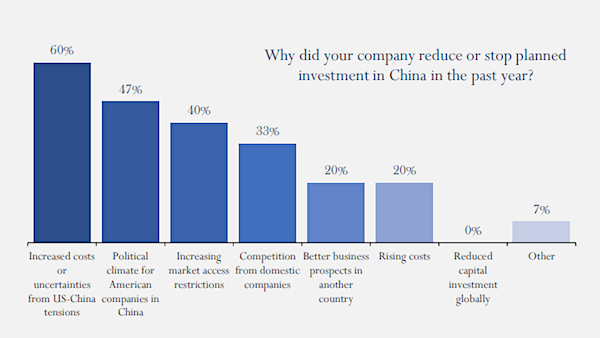

Peace please.
• Hong Kong Students Boycott Classes As Chinese Media Warns ‘End Is Coming’ (G.)
For the last 13 weeks, protesters have come to the streets to demand the formal withdrawal of a bill that would allow extradition to mainland China, which critics fear will be used by Beijing to target those who criticise the ruling Chinese communist party. As the protests have dragged on, they have taken on new forms and other demands including instituting democratic reforms and conducting an independent investigation into police behaviour. On Sunday, demonstrators attempted to lay siege to the airport, prompting a swift response from riot police. On Saturday, riot police stormed a metro station, attacking trapped protesters with batons. Monday’s class boycott was accompanied by a call for a general strike. It followed two days of mass protests where demonstrators paralysed links to airport, and clashed with police outside government buildings and in MTR stations.
Several editorials in Chinese state media on Monday condemned the protesters as “crazy and vicious” for bringing “catastrophe” upon the Hong Kong economy. An editorial on the website of the state-run news agency Xinhua warned “the end is coming for those attempting to disrupt Hong Kong”. The shift of the protests to school campuses is comes after Chinese officials have blamed the protests on the city’s liberal education curriculum. In recent weeks, Beijing has criticised teachers and parents for not instilling patriotic values in students and called for an overhaul of Hong Kong’s education system, which includes topics like the Chinese military’s violent crack down on democracy demonstrators on 4 June, 1989.

Is capitalism itself at fault or just the excesses it allows for?
• Why Has The U.S. CEO-To-Worker Pay Ratio Increased So Much? (Colombo)
MarketWatch recently published a piece about the soaring U.S. CEO-to-worker pay ratio, which hit 278-to-1 in 2018 (up from just 58-to-1 in 1989 and 20-to-1 in 1965) –
“CEO pay has increased 1,008% between 1978 and 2018, while typical worker pay has edged up 12%. [..] In 2018, CEOs in the country’s top 350 businesses were paid $17.2 million on average. Employees working in those industries — ranging from retail to technology and manufacturing — typically earned $64,500, researchers said. Overall, there’s a 278-to-1 pay ratio between workers and CEOs. In 1989, the compensation ratio was 58-to-1 and in 1965, it was 20-to-1. Stock awards and cashed-in stock options averaged $7.5 million of CEO pay in 2017 and 2018, the study added. Incorporating stock in pay arrangements is one way to incentivize CEO, and rising salaries illustrate the market for talent in the C-suite, some observers say.”
Left-leaning economists, politicians, and other commentators frequently use the soaring CEO-to-worker pay ratio as an example of why capitalism is inherently flawed and always leads to the rich getting richer, but my research has found that it is a byproduct of central banking and fiat (i.e., “paper”) currency rather than capitalism. To make a long story short, the Federal Reserve has excessively inflated the financial markets in its attempt to create an economic recovery from the Great Recession. This excessive asset price inflation has pushed U.S. household wealth far out of line with its historic relationship to the GDP, as the chart below shows. The wealthy have been the greatest beneficiaries of this asset price inflation because they own a disproportionate share of the assets that have been inflated by the Fed, which are stocks, bonds, and high-end real estate.
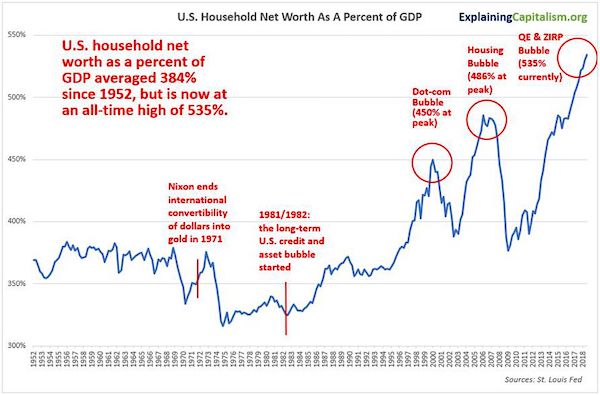
The Fed’s inflation of the U.S. stock market is the primary reason why the CEO-to-worker pay ratio has increased so much. The CEOs of public corporations usually receive stock options as part of their compensation packages, which means that they can benefit greatly when their stock prices rise. As the chart below shows, the CEO-to-worker pay ratio surges during asset bubbles, but falls back down when the bubbles burst (it correlates with the chart above). The current asset bubble is no different and the excesses will be corrected in the form of a strong bear market, just like they always are.
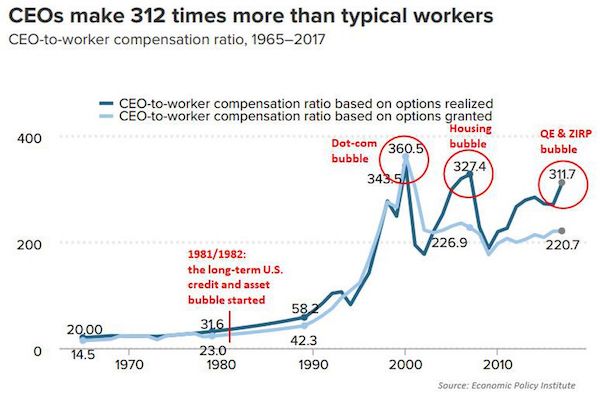

Elon Muck can’t even produce a decent electric car. How big a threat is he?
• In The Era Of Neurocapitalism, Your Brain Needs New Rights (Vox)
“Nothing was your own except the few cubic centimeters inside your skull.” That’s from George Orwell’s dystopian novel 1984, published in 1949. The comment is meant to highlight what a repressive surveillance state the characters live in, but looked at another way, it shows how lucky they are: At least their brains are still private. Over the past few weeks, Facebook and Elon Musk’s Neuralink have announced that they’re building tech to read your mind — literally. Mark Zuckerberg’s company is funding research on brain-computer interfaces (BCIs) that can pick up thoughts directly from your neurons and translate them into words. The researchers say they’ve already built an algorithm that can decode words from brain activity in real time.
And Musk’s company has created flexible “threads” that can be implanted into a brain and could one day allow you to control your smartphone or computer with just your thoughts. Musk wants to start testing in humans by the end of next year. Other companies such as Kernel, Emotiv, and Neurosky are also working on brain tech. They say they’re building it for ethical purposes, like helping people with paralysis control their devices. This might sound like science fiction, but it’s already begun to change people’s lives. Over the past dozen years, a number of paralyzed patients have received brain implants that allow them to move a computer cursor or control robotic arms. Implants that can read thoughts are still years away from commercial availability, but research in the field is moving faster than most people realize.
Your brain, the final privacy frontier, may not be private much longer. Some neuroethicists argue that the potential for misuse of these technologies is so great that we need revamped human rights laws — a new “jurisprudence of the mind” — to protect us. The technologies have the potential to interfere with rights that are so basic that we may not even think of them as rights, like our ability to determine where our selves end and machines begin. Our current laws are not equipped to address this.

Russiagate, the sequel.
• Hollywood Reboots Russophobia For The New Cold War (Parry)
In the Cold War, Tinseltown played an important role in the cultural battlefield against the USSR and anti-Soviet paranoia was an ever-present theme in American cinema for decades, from the McCarthy era until the Berlin Wall fell. Contemporaneously, a revival of geopolitical tensions between the United States and the Russian Federation — which many have dubbed a second Cold War — has seen the return of such tropes on the silver screen. Most recently, it has resurfaced in popular web television shows such as the third season of Netflix’s retro science fiction/horror series Stranger Things, as well as HBO’s miniseries Chernobyl, which dramatizes the 1986 nuclear accident in Soviet Ukraine.
It was a famous cinematic work that many believe ominously foreshadowed Chernobyl in Andrei Tarkovsky’s 1979 science fiction film, Stalker, less than a decade prior to the calamity. It is unlikely that HBO would have been as interested in green-lighting a five-part program on the disaster without the current hysteria surrounding the unproven allegations of Russian interference in the 2016 U.S. presidential election and ‘collusion’ between Moscow and the Trump campaign. ‘Russiagate’ has become a national obsession and suddenly the very idea of corruption and intrigue has been made synonymous with the Kremlin. Hollywood liberal figures have been some of the hoax’s biggest proponents, including the show’s writer, Craig Mazin.
It is equally as hard to imagine Americans themselves being as captivated by a re-enactment of the nuclear accident without the current political climate of fear-mongering bombarding them every day in corporate media. From the perspective of the U.S. political establishment, what better way to deflect attention away from its own sins than onto a manufactured adversary?

The black hole’s mass is 100 times greater than that of the sun.
M87* is an example of a black hole that is 6.5 billion times as massive as the Sun.
• A Black Hole So Big It Shouldn’t Even Exist Is Baffling Scientists (RT)
Scientists may have spotted a black hole that is so enormous, it shouldn’t even exist, although they aren’t quite sure if it even does. The black hole’s mass is 100 times greater than that of the sun. The potential black hole, which is twice as large as what physicists had believed was possible, was detected by the LIGO and Virgo gravitational-wave detectors at the European Gravitational Observatory. A black hole is usually formed when a star collapses after it runs out of fuel, but this only happens when the star’s core is less than 50 times the mass of the Sun, Quanta Magazine explains. Stars with larger masses, between 50-130 times the mass of the Sun, either shed matter until they are small enough, or destroy themselves in a powerful explosion, meaning this new potential black hole defies what scientists understand to be possible.
Black holes that are larger than 130 solar masses can also form when their core’s collapse is too strong to stop. M87* is an example of a black hole that is 6.5 billion times as massive as the Sun. Scientists are scratching their heads trying to figure out how this newly spotted potential large black hole came into being. According to Qanta, they suspect that the black hole could be the result of smaller black holes colliding and merging into one gigantic one. They think it is possible that somewhere in a dense area of the universe, a 30 and 50 solar mass black hole could have merged and that the new black hole then combined with another one, which could explain the signals they detected.


